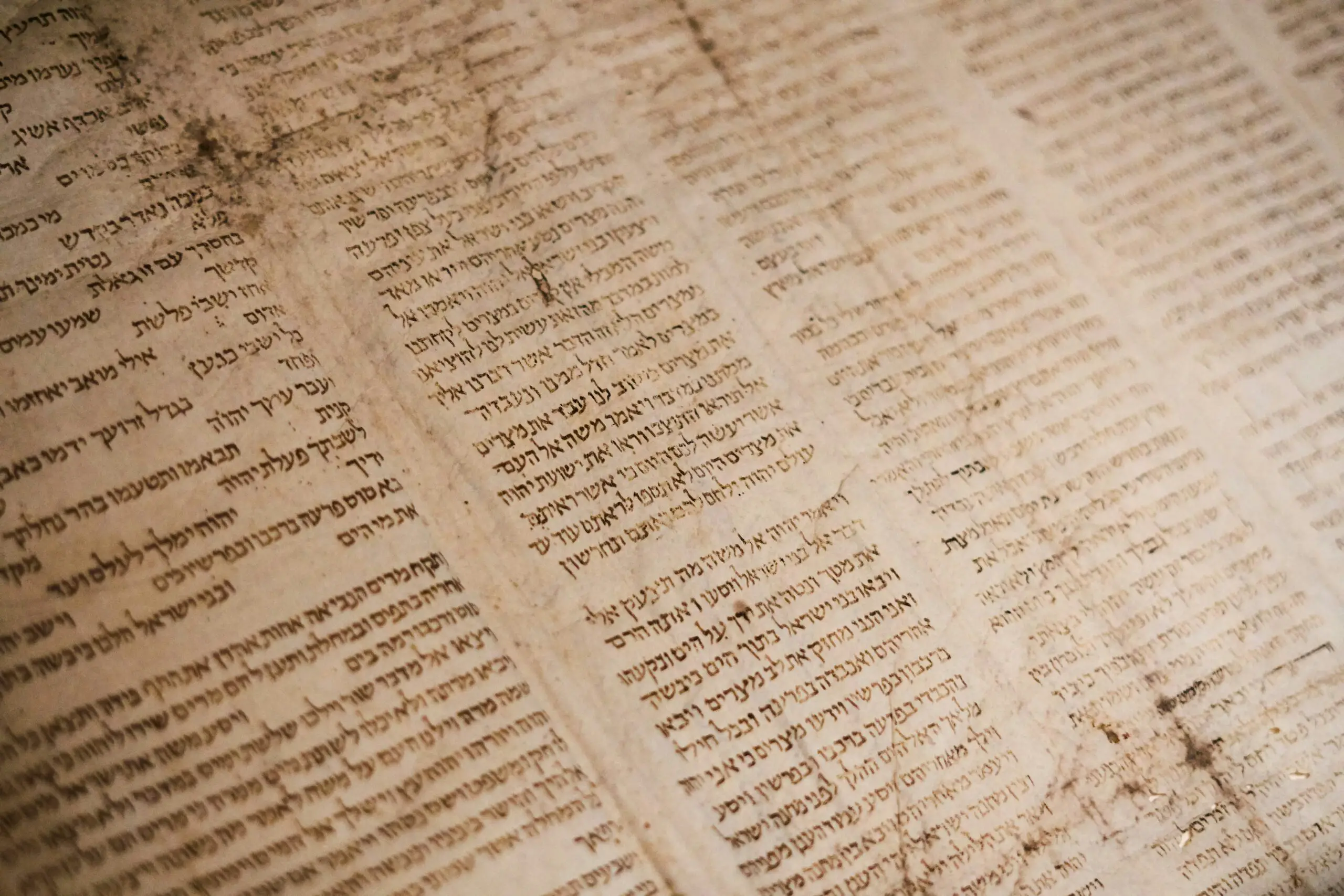Learning numbers in Hebrew can be a bit challenging for English speakers. In English there are only two number forms: cardinal and ordinal. They are all gender neutral, and the ordinal numbers are based on their cardinal form with the addition of a “th” suffix.
 With Hebrew numbers, however, cardinal and ordinal numbers must agree in gender (masculine or feminine) with the noun they are describing. Where there is no noun, such as in the case of a telephone number, the feminine form is used. That means when you are counting with Hebrew numbers, you would say, “achat, shta-yim, sha-losh,etc.”
With Hebrew numbers, however, cardinal and ordinal numbers must agree in gender (masculine or feminine) with the noun they are describing. Where there is no noun, such as in the case of a telephone number, the feminine form is used. That means when you are counting with Hebrew numbers, you would say, “achat, shta-yim, sha-losh,etc.”
When speaking, cardinal numbers in Hebrew precede the noun (ex. shlosha s’farim-three books), with the exception of the number one which comes after it (ex. sefer ehad- one book). The number two is special – shnayim (m.) and shtayim (f.) become shney (m.) and shtey (f.).
Numbers in Hebrew Cardinal and Ordinal
|
Cardinal |
Ordinal |
||||
| Masculine | Feminine | Masculine | Feminine | ||
| 0 | efes (אֶפֶס) | N/A | |||
| 1 | echad (אֶחַד) |
achat (אַחַת) |
rishon (רִאשׁוֹן) |
rishona (רִאשׁוֹנָה) |
|
| 2 | shnayim (שְׁנַיִם) |
shtayim (שְׁתַּיִם) |
sheni (שֵׁנִי) |
shniya (שְׁנִיָה) |
|
| 3 | shlosha (שְׁלוֹשָׁה) |
shalosh (שָׁלוֹשׁ) |
shlishi (שְׁלִישִׁי) |
shlishit (שְׁלִישִׁית) |
|
| 4 | arba’a (אַרְבָּעָה) |
arba’ (אַרְבַּע) |
revi’i (רְבִיעִי) |
revi’it (רְבִיעִית) |
|
| 5 | hamisha (חֲמִשָׁה) |
hamesh (חָמֵשׁ) |
hamishi (חֲמִישִׁי) |
hamishit (חֲמִישִׁית) |
|
| 6 | shisha (שִׁשָּׁה) |
shesh (שֵׁשׁ) |
shishi (שִׁשִּׁי) |
shishit (שִׁשִּׁית) |
|
| 7 | shiv’a (שִׁבְעַה) |
sheva’ (שֶׁבַע) |
shvi’i (שְׁבִיעִי) |
shvi’it (שְׁבִיעִית) |
|
| 8 | shmona (שְׁמוֹנָה) |
shmone (שְׁמוֹנֶה) |
shmini (שְׁמִינִי) |
shminit (שְׁמִינִית) |
|
| 9 | tish’a (תִּשְׁעָה) |
tesha’ (תֵּשַׁע) |
tshi’i (תְּשִׁיעִי) |
tshi’it (תְּשִׁיעִית) |
|
| 10 | ‘assara (עֲשָׂרָה) |
‘eser (עֶשֶׂר) |
‘asiri (עֲשִׂירִי) |
‘asirit (עֲשִׂירִית) |
|
| 11 |
אחד עשרה Achad- esrai |
||||
| 12 |
שניים עשרה Shtem- esrai |
||||
| 13 |
שלוש עשרה Shalosh-esrai |
||||
| 14 |
ארבע עשרה Arba-esrai |
||||
| 15 |
חמש עשרה Chamesh-esrai |
||||
| 16 |
שש עשרה Shesh-esrai |
||||
| 17 |
שבע עשרה Shva-esrai |
||||
| 18 |
שמונה עשרה Shmona-esrai |
||||
| 19 |
תשעה עשרה Tsha-esrai |
||||
| 20 | ‘esrim (עֶשְׂרִים) |
||||
| 30 | shloshim (שְׁלוֹשִׁים) |
||||
| 40 | arba’im (אַרְבָּעִים) |
||||
| 50 | hamishim (חֲמִשִּׁים) |
||||
| 60 | shishim (שִׁשִּׁים) |
||||
| 70 | shiv’im (שִׁבְעִים) |
||||
| 80 | shmonim (שְׁמוֹנִים) |
||||
| 90 | tish’im (תִּשְׁעִים) |
||||
| 100 | mea (מֵאָה) |
||||
| 200 | matayim (מָאתַיִם) |
||||
| 300 | shlosh meot (שְׁלוֹשׁ מֵאוֹת) |
||||
| 400 | arba’ meot (אַרְבַּע מֵאוֹת) |
||||
| 500 | hamesh meot (חֲמֵשׁ מֵאוֹת) |
||||
| 600 | shesh meot (שֵׁשׁ מֵאוֹת) |
||||
| 700 | shva meot (שְׁבַע מֵאוֹת) |
||||
| 800 | shmone meot (שְׁמוֹנֶה מֵאוֹת) |
||||
| 900 | tsha’ meot (תְּשַׁע מֵאוֹת) |
||||
|
אלף |
Eleph |
1000 |
|
אלפיים |
Ahl-pay-im |
2000 |
|
שלושת אלפים |
Sheloshet Alafim |
3000 |
|
מיליון |
Mil-yon |
1000000 |
|
ביליון |
Bil-yon |
2000000 |






